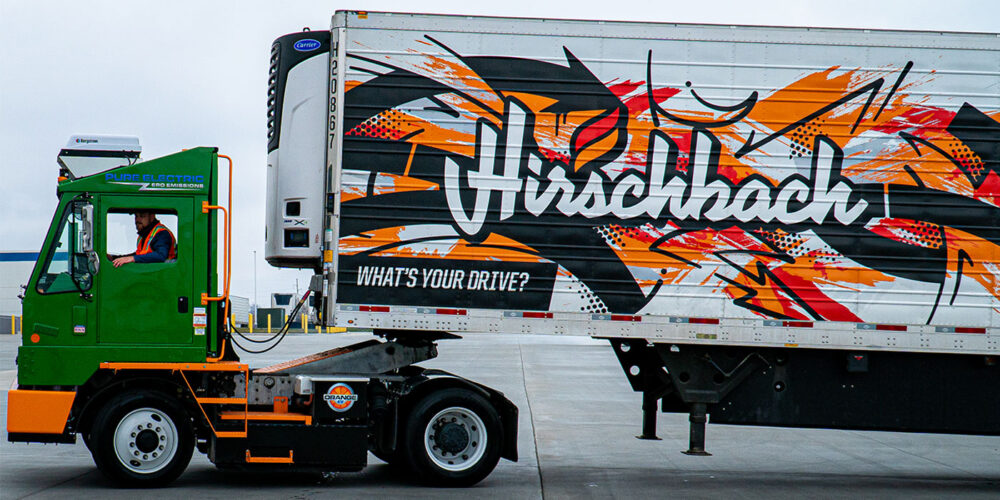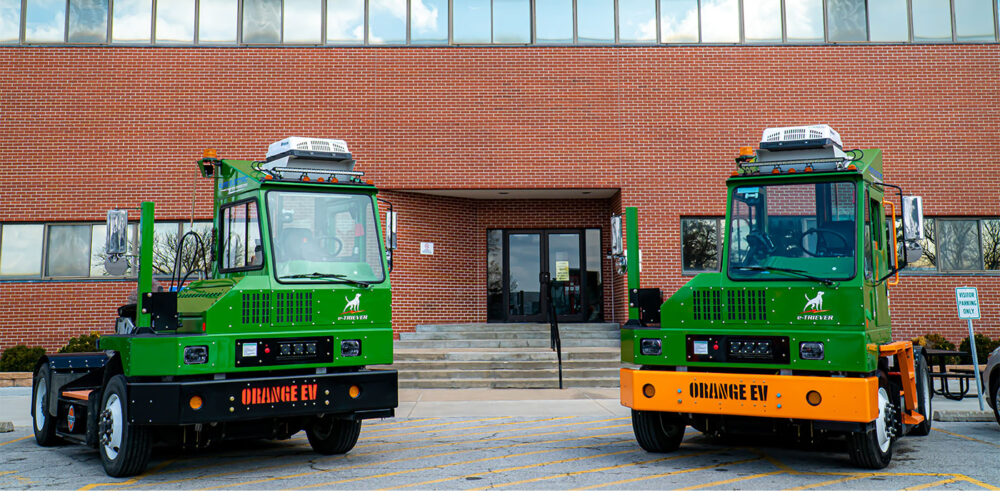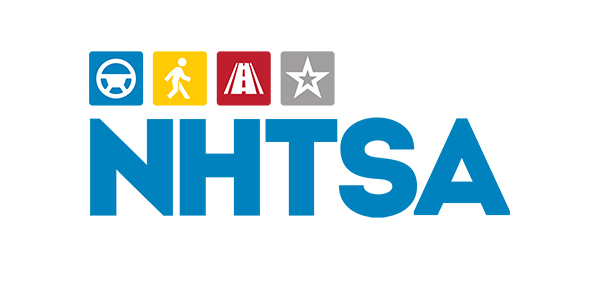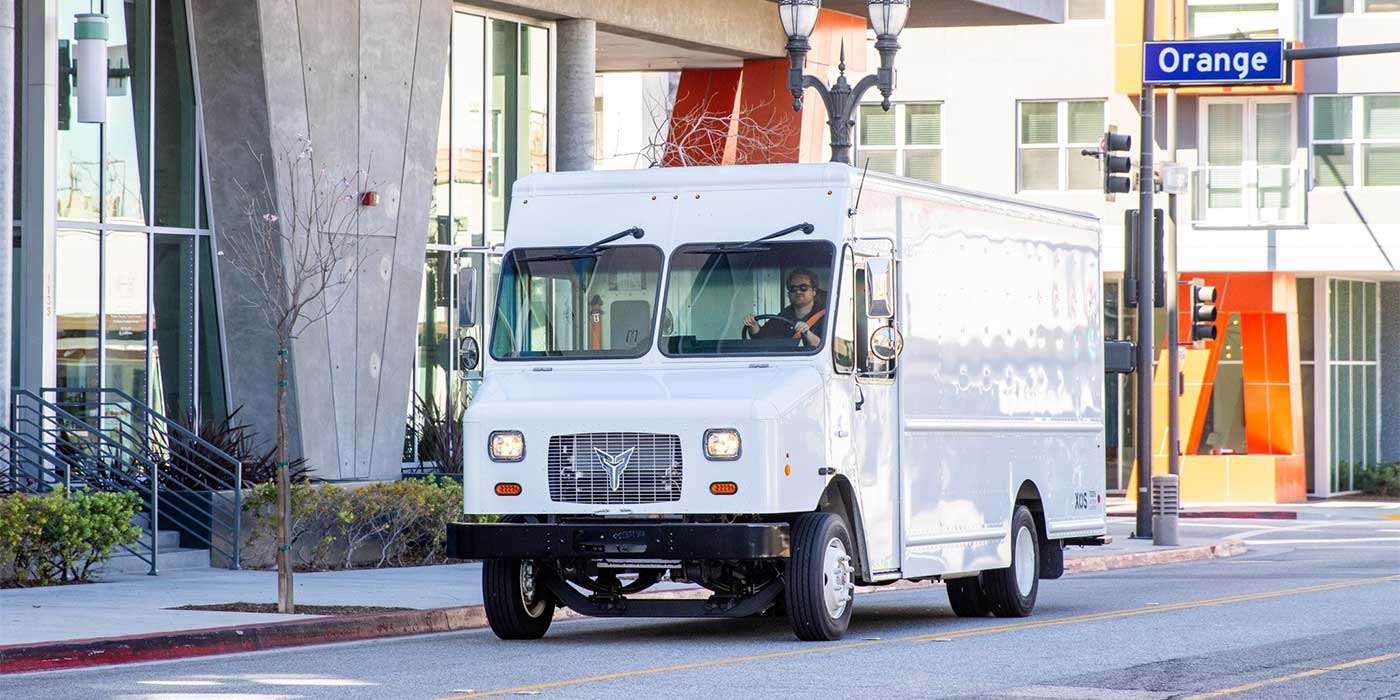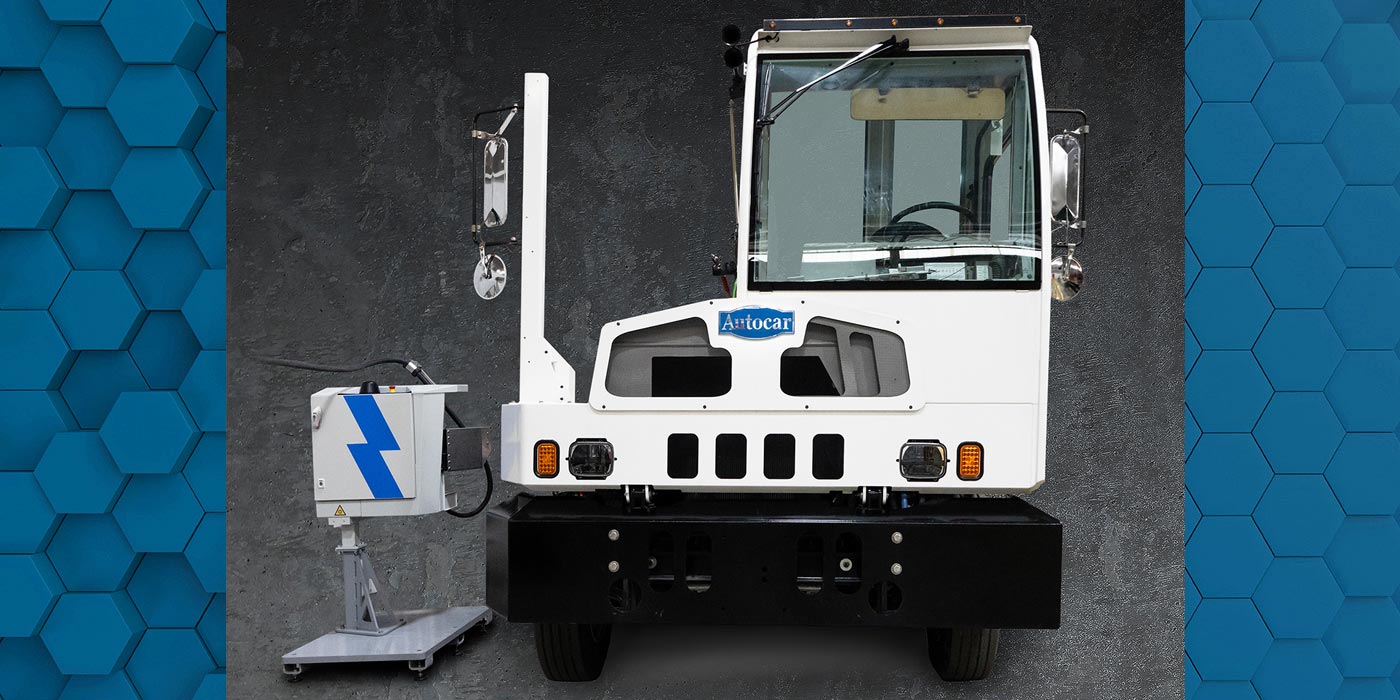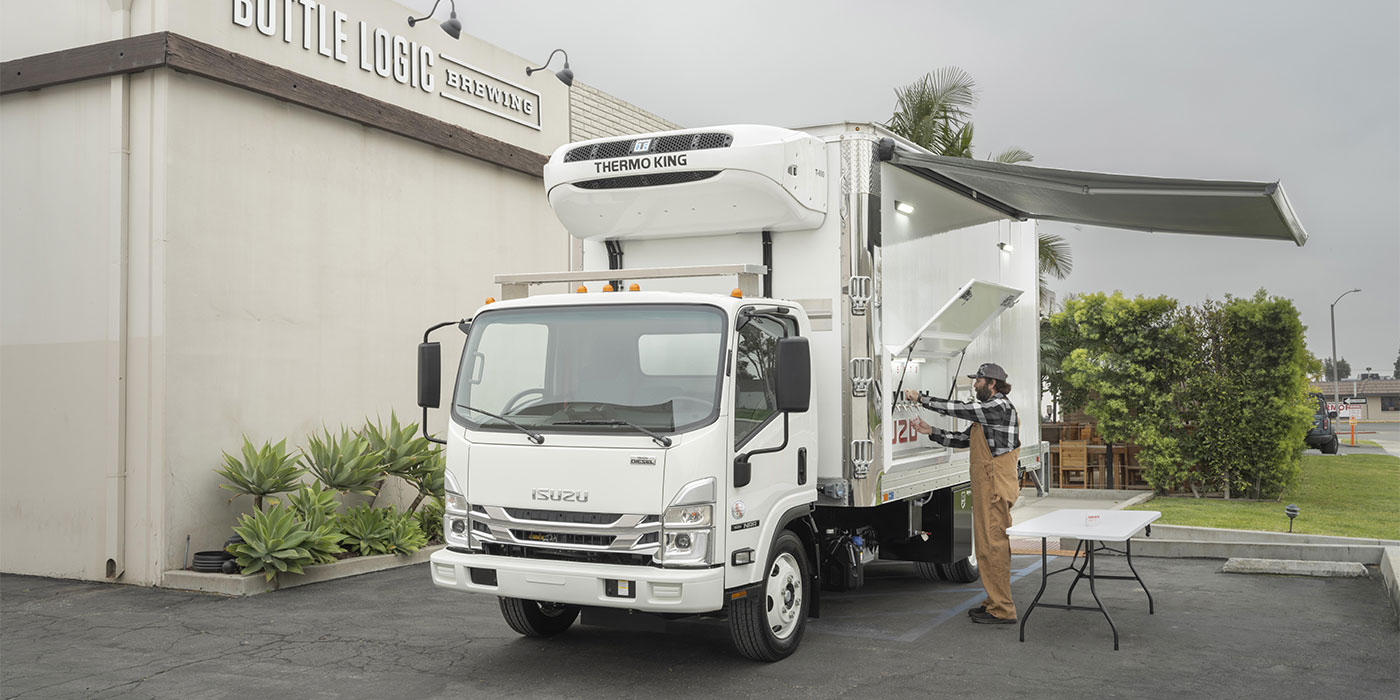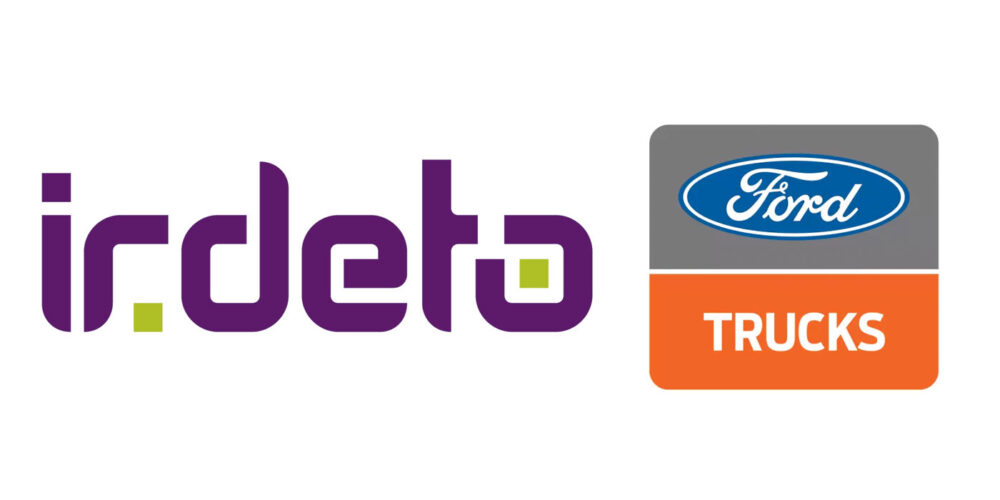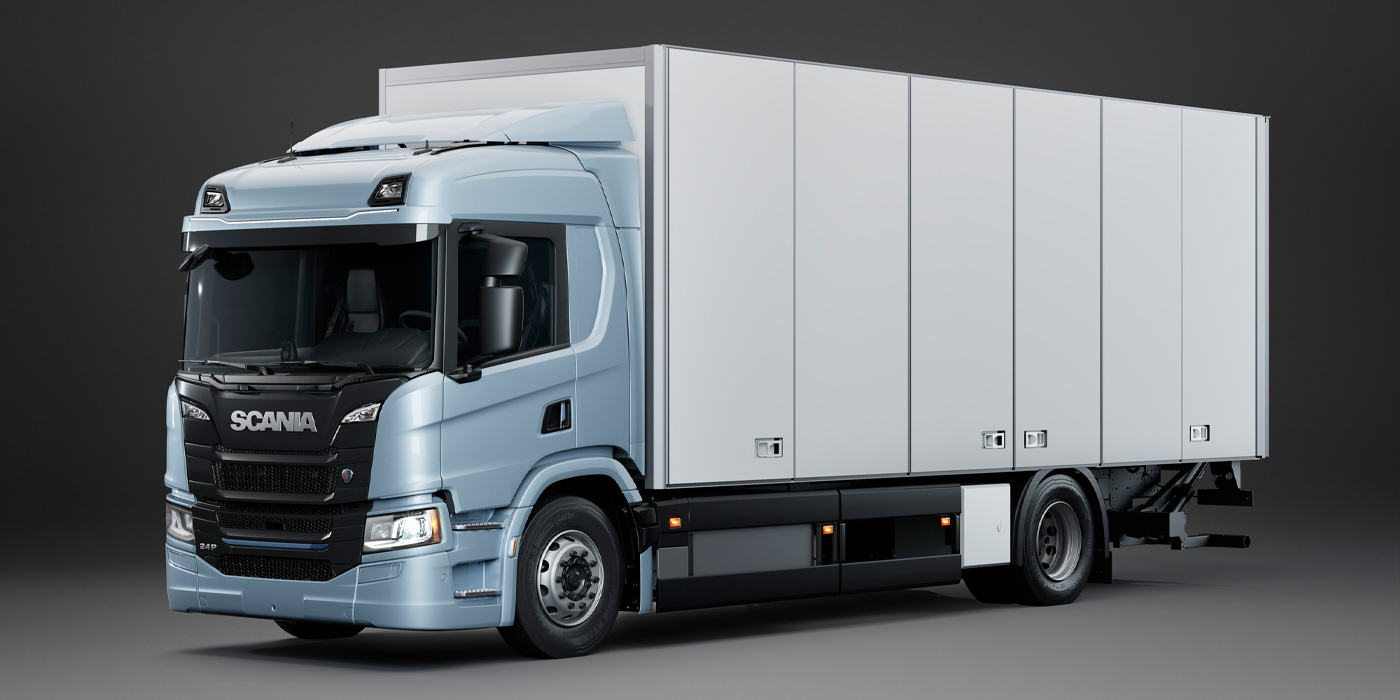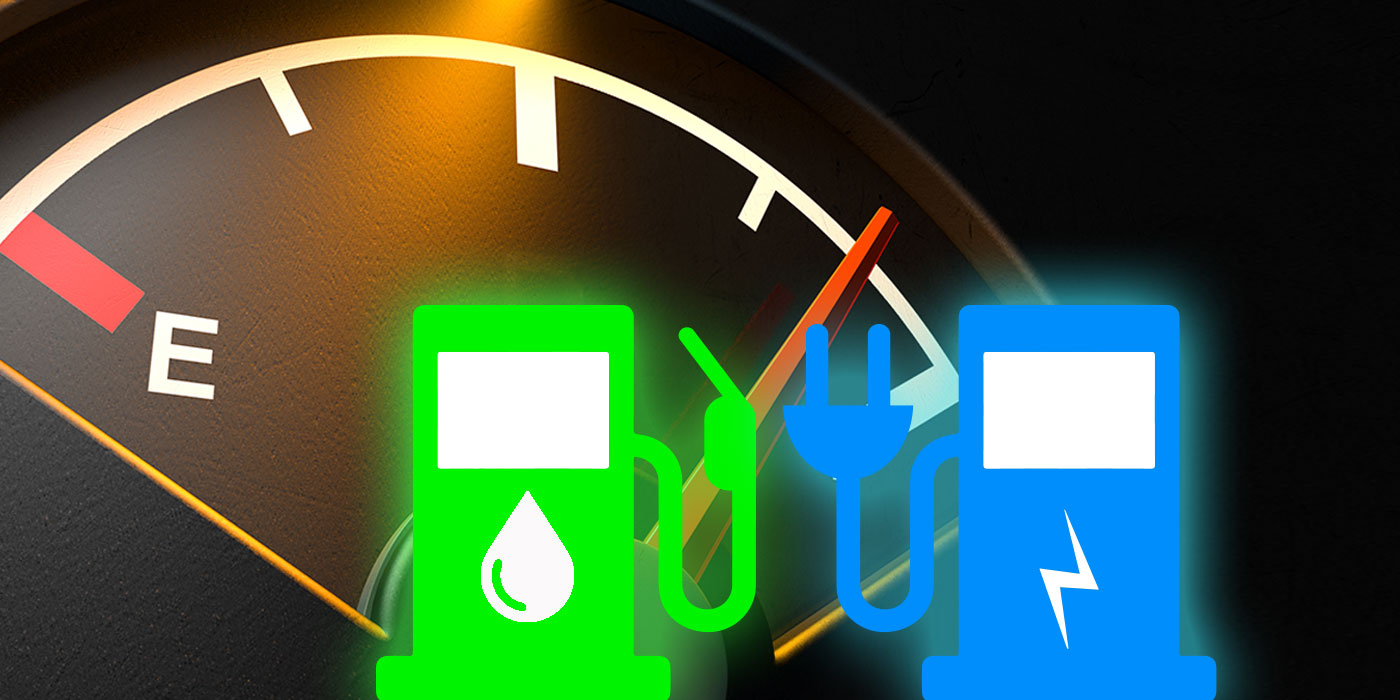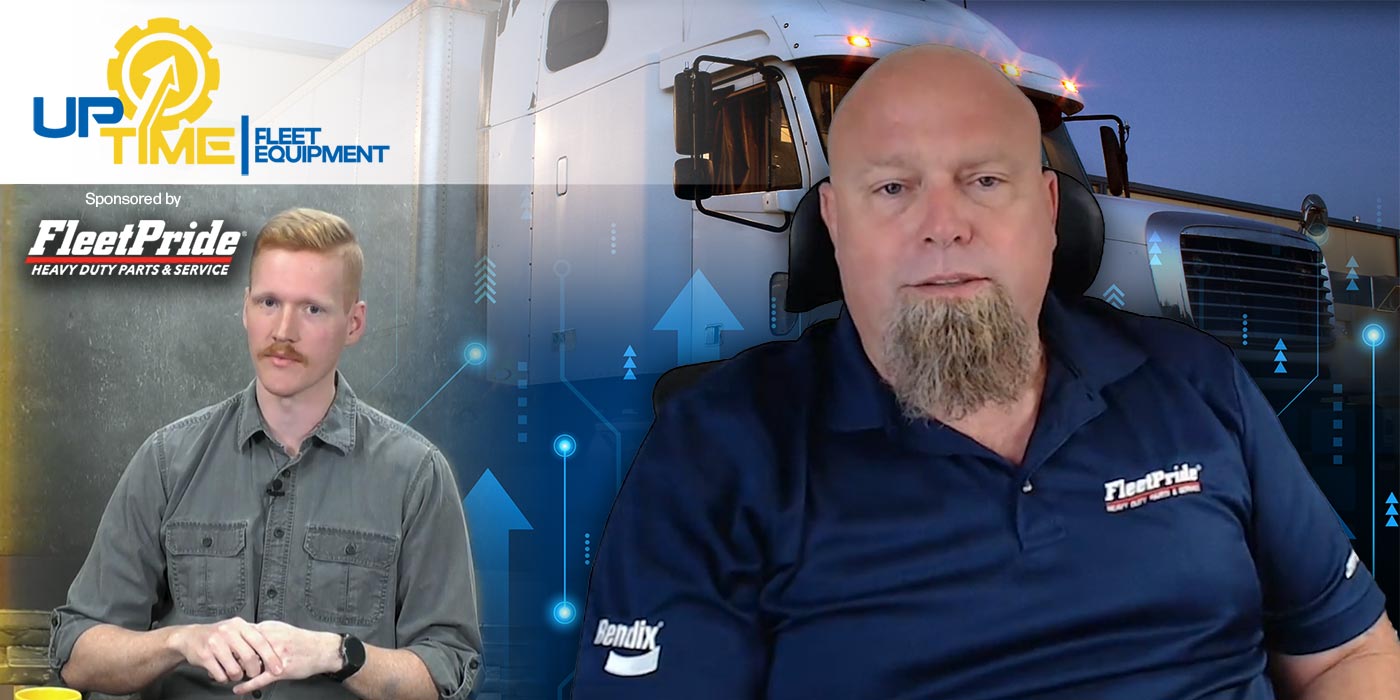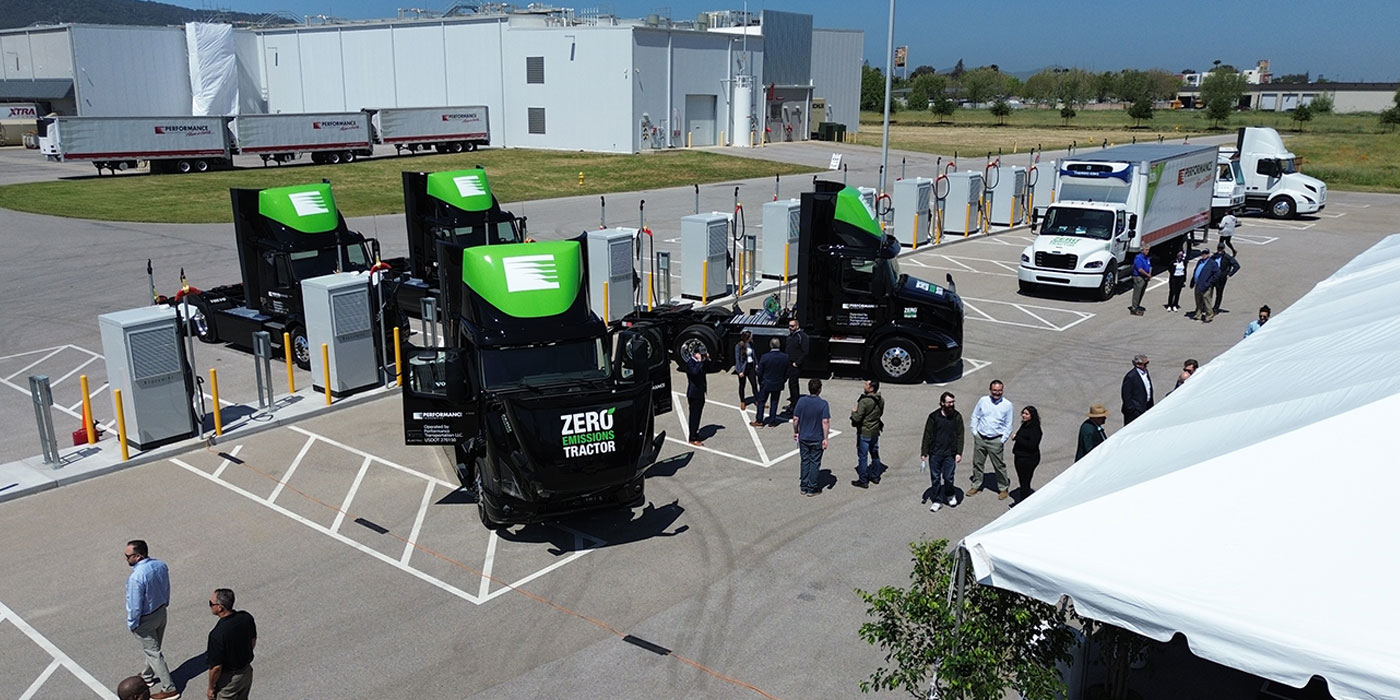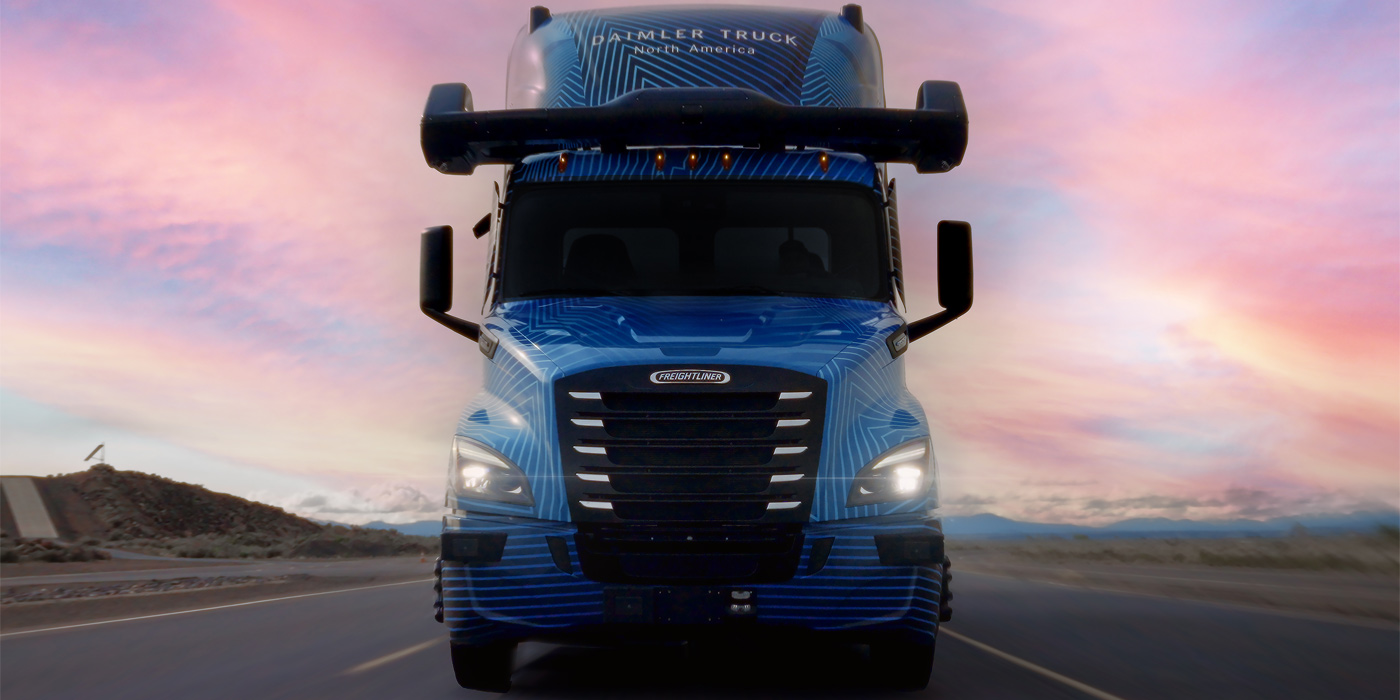In trucking circles, the name Hirschbach is immediately familiar. Hirschbach Motor Lines, headquartered in Dubuque, Iowa, and founded in 1935, is a well-known motor carrier that provides temperature-controlled transportation to 48 states and a range of dedicated solutions. Additionally, 15 years ago, the company launched The Spot by Hirschbach to provide yard management solutions, including trailer spotting, local shuttle service, gate management and customized Yard Management System (YMS) technology.
Essentially, The Spot by Hirschbach allows customers to focus on what’s happening within their buildings while we take care of everything on the outside, explained Kevin Lage, senior director of business development.
“We’ve seen significant growth since 2018,” he added. “We’re now operating at 31 customer locations in 15 states. Those facilities range in volume and footprint—some have more than 1,000 trailers—and average 350 to 400 yard moves per day.”
The Spot division has always been technology focused and that brings sustainability benefits, Lage noted. “Our YMS utilizes GPS on yard tractors and RFID tags on trailers,” he explained. “Instead of driving around to locate trailers, the system reads trailer tags and directs yard spotter drivers to their locations. We’ve seen savings of 30 percent in man hours with this solution, and it saves a lot of fuel, too.
“The next logical step for sustainability has been to introduce electric terminal tractors,” Lage continued. “We have an average of three spotters at each of the locations we service. In our fleet of 84 units in total today there are nine electric models in operation, and we plan to have 14 by September. Our goal is to have 20% of our spotter fleet converted by Q3 of 2023 and over time the majority of our spotters will be EVs.”
To build its EV yard spotter fleet, Hirschbach has partnered with Orange EV. The manufacturer’s e-Triever electric terminal trucks are Class 8 DOT on-road models rated for 81,000 lbs. GCWR. Available in 4×2 and 6×2 axle configurations, the trucks have a standard 122-inch wheelbase. Capable of speeds up to 25 MPH, the vehicles feature brushless induction motors and can be equipped with batteries sized to meet an operation’s needs.
“Orange EV was the first notable provider of electric yard spotters,” Lage said. “They are currently our technology partner because they have been a leader in this space and consistent in responding to our company, especially as we work with local government agencies and our customers. We have also visited the manufacturing plants of two other OEMs and plan to stay up on EV developments from all suppliers.”
Lage went on to say that it’s been challenging to commercialize electric yard spotters, so the business case for the EVs at Hirschbach is built on a carefully calculated analysis of costs and other benefits. “Electric spotters can cost more than twice that for a diesel model,” Lage said. “However, if you look beyond price and even the cost of electricity compared to fuel, there a several factors that go into the ROI for EVs.
“In our operation, electric spotters have an anticipated lifecycle of ten years versus three to four years for diesel powered units,” Lage explained further. “In addition, with about one-third fewer parts, service is less frequent and time-consuming. Reducing downtime is important when electric yard trucks need to operate up to 20 hours a day, six days a week. And with better uptime, in some locations and operations that can mean needing fewer trucks.”
Lage also pointed out that due to their quieter and cleaner operation, electric spotters can help overcome part of the challenge finding and retaining drivers. “Less noise and the absence of diesel emissions leads to greater driver satisfaction,” he said. “Our drivers are very positive about the Orange EV spotters because they are much quieter than diesel models and eliminate fumes.”
Other advantages that Hirschbach sees in their Orange EV yard spotters includes their on-board telematics. “That technology allows us to remotely monitor the equipment and be proactive about potential problems and issues needing repair,” Lage related. “It also enables better coordination with site managers for scheduling preventive maintenance. The telematics are like having an extra set of eyeballs.”
Depending on the location, Hirschbach’s Orange EV yard spotters are serviced by either the company’s in-house team charged with maintaining yard service equipment, the Orange EV technical services group, or third-party providers. Company technicians mainly handle routine items such as lights, brakes and tires while for the time being electric drive and battery system needs are handled by the OEM.
On the road to electric yard spotter deployment, Hirschbach has also navigated charging infrastructure challenges. “After finding that there is an acceptable ROI for these vehicles, [infrastructure] was the second largest hurdle,” Lage said. “EVs need more than just power. There needs to be electricity located where the spotters are parked and enough space for charging multiple vehicles at the same time. Currently, we work with our customers to identify the best location for the charging stations and then coordinate with Orange EV for its proprietary charging cabinets.”
While used by a separate operation from the well-known carrier, The Spot at Hirschbach’s electric terminal tractors are part of a larger sustainability initiative under the same corporate banner. Hirschbach Motor Lines, for example, has long been focused on ways to improve MPG by optimizing equipment fuel efficiency and reducing idle time. Over the years, the long-time participant in the EPA SmartWay program has won numerous awards for its environmental performance.
“Challenges come with change and frankly sometimes fear does as well,” Lage said. “For us, the move to EVs began nearly nine years ago when we drove our first electric yard spotter in a Chicago area rail yard. While it’s been a long journey, and we have a different application, across the board at Hirschbach we are focused on doing everything we can to reduce emissions and operate as efficiently as possible.”

